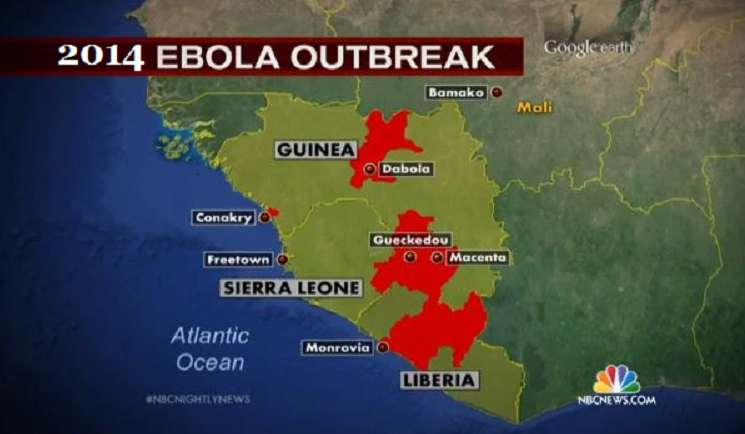 |
| Dr. Kevin Cahill, left, with Ireland's President Michael D. Higgins. |
Kevin M. Cahill, M.D., University Professor and founder of Fordham's Institute of International Humanitarian Affairs, was recognized on Oct. 30 by the government of Ireland for his tremendous work in peace, reconciliation, and development.
In a ceremony in Dublin, Dr. Cahill was presented with the 2014 Presidential Distinguished Service Award by Ireland's President, Michael D. Higgins. Actress Fionnula Flanagan, top EU civil servant Catherine Day, Australian author Thomas Keneally, and Irish-American activist and newspaper publisher Niall O’Dowd were amongst those who were also honored.
The award is given to individuals living outside of Ireland who have made great contributions to Ireland, Irish communities abroad, as well as Ireland's international reputation. Dr. Cahill also serves as the president of the Center for International Humanitarian Cooperation, a nongovernmental organization that promotes healing and peace in nations shattered by national disasters, armed conflicts, or other violence.
Congratulations, Dr. Cahill!











